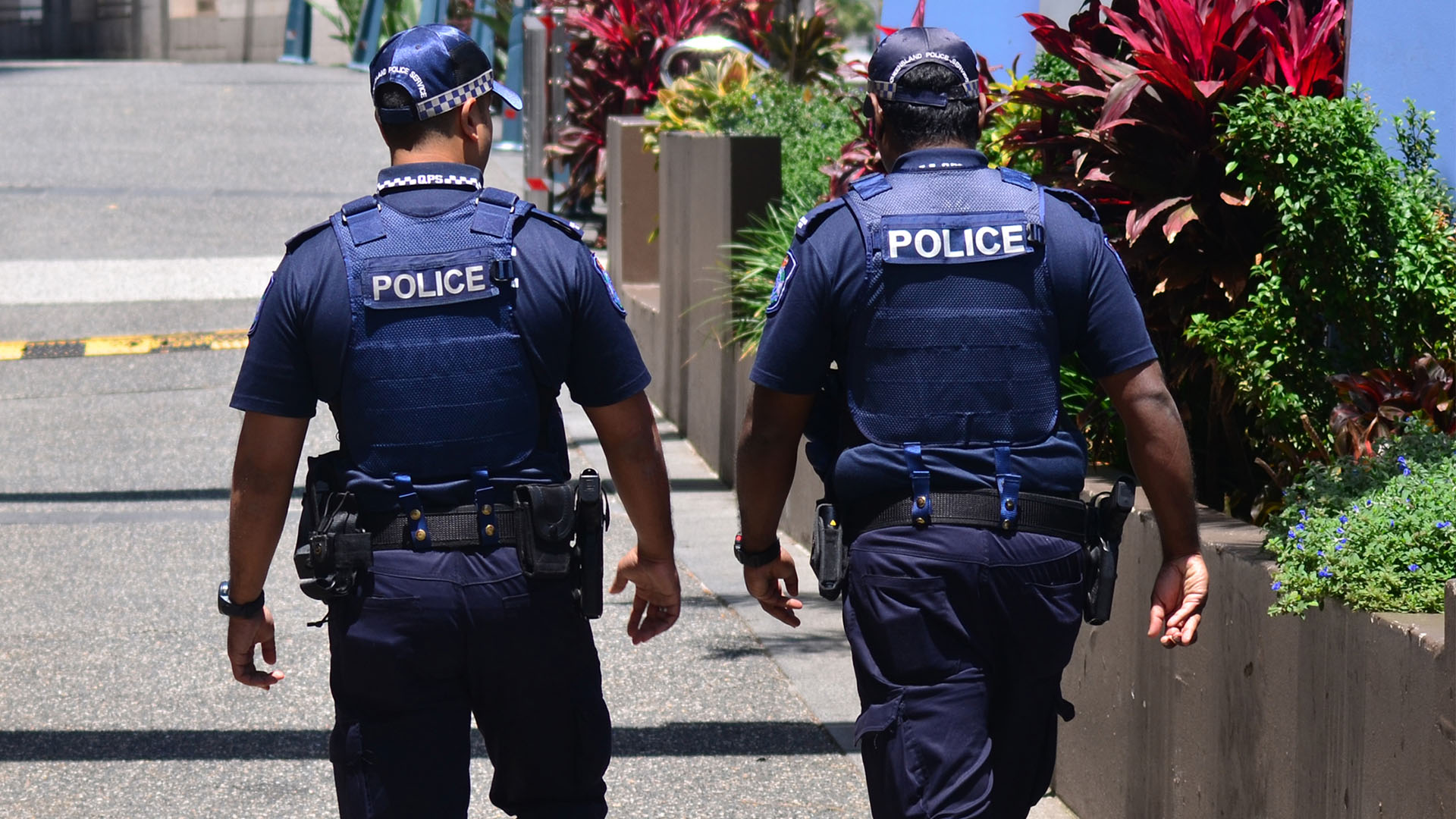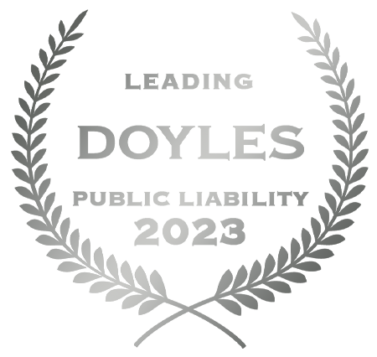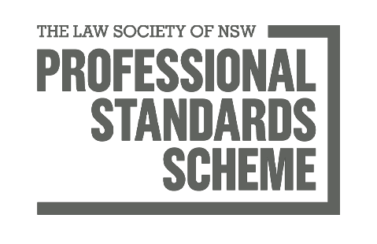Why New PTSD Laws in Tasmania Could Revolutionize Workers Compensation Australia-Wide.
The Tasmanian government has remarkably moved to change the workers compensation laws to make claiming workers compensation for a psychological injury much easier for public sector workers, with the hope that other states follow suit.

The changes to the current Workers Rehabilitation and Compensation Act will see public sector workers such as paramedics, firefighters and police in Tasmania no longer need to prove they developed Post Traumatic Stress Disorder on the job when claiming workers compensation.
This new presumed PTSD law now means the presumption will be in favour of the worker – not the employer, unlike the rest of Australia. So effectively, the onus would be on the employer to prove work didn’t cause PTSD when they choose to challenge a worker’s claim.
It’s reported that at least 9000 emergency service workers around Australia live with or are affected by symptoms of PTSD. Many choose not to pursue compensation because they feel embarrassed or ashamed and can’t take the stress of having to prove their psychological injury is real.
Law Partners Principal Lawyer, Chantille Khoury, believes this is a step in the right direction which should benefit some of our nation’s most deserving people whose job it is to assist and protect us. But workers should still be prepared to have to defend their claim.
“Our emergency service and correction workers deal with some of the most traumatic and stressful situations every day and pushes so many to the brink,” Chantille Khoury says.
“It creeps up on them – they keep telling themselves it’s going to be OK, then eventually something tips them over the edge.
“We represent quite a number of these brave men and women who often feel as though they are in the wrong for pursuing workers compensation and for experiencing symptoms of PTSD that developed as a direct result of their job.
“If this change in legislation proves successful in helping these people in need secure the compensation they deserve, then the other states should look at going down a similar path. However, there’s still a clear pathway for the employer to dispute liability and in that case, the worker would still need to be well prepared to defend their claim.”
According to Ms Khoury, many emergency service workers hesitate to put in a claim because they feel like they have to leave their job in order to do so. This is not the case – and it’s this kind of misinformation that is preventing so many affected men and women from pursuing the compensation they deserve.
“If I could give one piece of advice it would be to get professional advice to find out where you stand,” Ms Khoury says. “You don’t need to be leaving your job to make a claim. You can get professional legal advice on the strength of your claim and what you should do without any cost or obligation.”
PTSD is a serious and real problem in our society, and if you feel as though you’re struggling or may be suffering from symptoms of the disorder, don’t be afraid to tell someone and seek help.

Shane Butcher
Principal
An accredited specialist in personal injury law and spokesman for the Australian Lawyers Alliance, with the best part of 20 years’ experience in assisting injured Australians to receive everything they’re entitled to.








